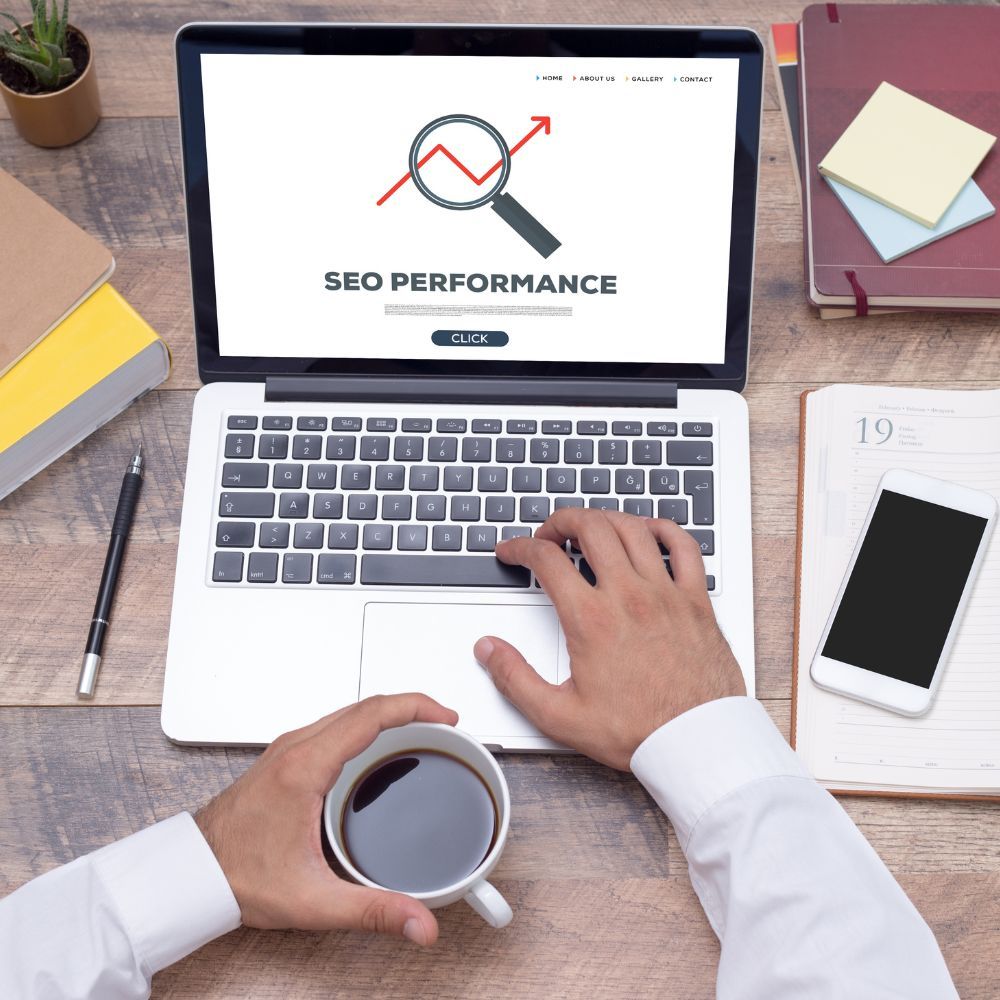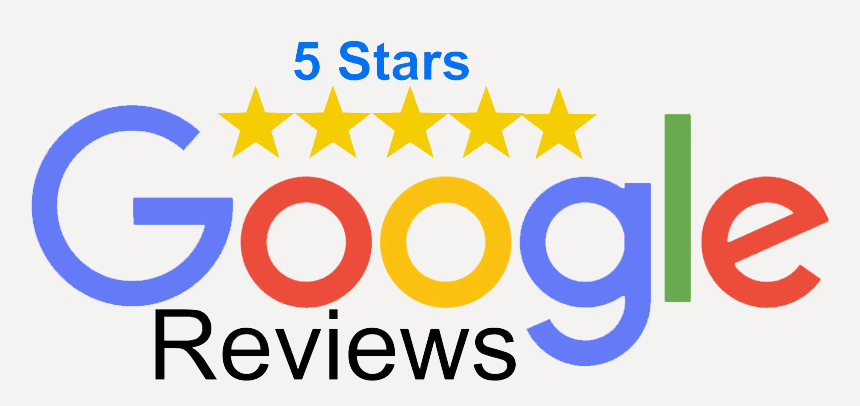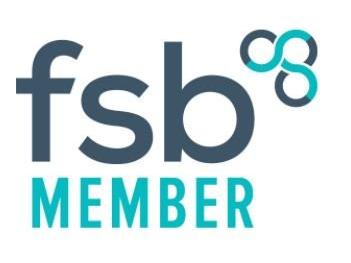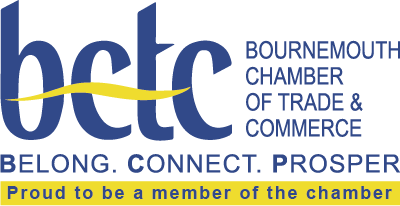Google Maps Search Engine Optimisation (SEO): How to Get Your Business on the Map (Literally)
Boost local visibility and attract more customers by optimising your presence on Google Maps.
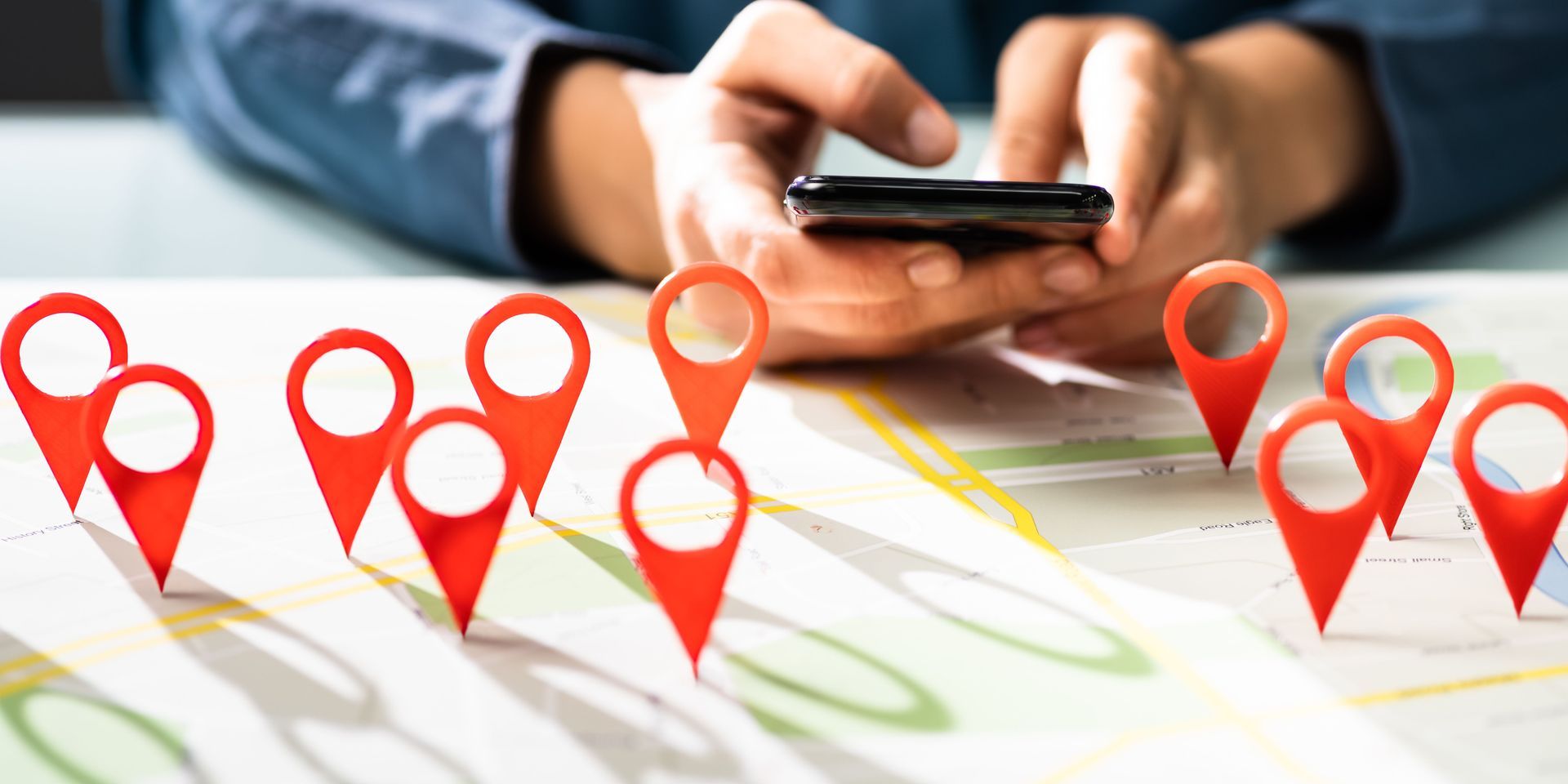
In a time when most of us turn to the internet to find local services and products, making sure your business is easy to find online is more crucial than ever. While many businesses focus on website SEO and social media, one strategy that often goes unnoticed is Google Maps SEO. Optimising your business’s presence on Google Maps can be the difference between being visible to local customers and being overlooked. In this blog, we explore why Google Maps SEO is important and provide some practical steps to help your business get on the map—literally.
Why Google Maps SEO Matters
Someone needs a nearby café, a plumber, or a boutique, the first place they often check is Google Maps. Recent data shows that more than a billion people use Google Maps every month, which makes it one of the most powerful tools for local searches.
Having your business show up prominently on Google Maps doesn’t just increase visibility—it can also help build trust. Being featured at the top of local search results can lead to more foot traffic, phone calls, and visits to your website, all of which can contribute to increased sales and stronger customer relationships. But how does Google decide which businesses to highlight? That’s where Google Maps SEO comes in.
Key Factors That Influence Google Maps Rankings

Google uses several factors to determine which businesses appear at the top of search results on Google Maps. Understanding and optimising these factors can help your business rank higher and stand out.
1. Proximity: Google tends to prioritise businesses that are physically close to the user. While you can’t change where your business is located, you can optimise other factors to make your business more appealing to local customers.
2. Relevance: Google aims to show results that are most relevant to a user’s search query. To improve relevance, make sure your business listing is accurate and comprehensive. Keep your business name, address, phone number (NAP), and website details up-to-date and consistent across all platforms.
3. Prominence: Prominence refers to how well-known and reputable your business is. This is impacted by elements like the quantity and quality of reviews your business receives, as well as the level of online engagement from customers.
4. Google also considers how well your website ranks in organic search results.
How to Optimise Your Google Maps Listing

Now that we’ve covered why Google Maps SEO is important and the factors that influence rankings, let’s look at some steps you can take to optimise your Google Maps listing.
1. Claim and Verify Your Google My Business Listing
If you haven’t already claimed your Google My Business (GMB) listing, this is the first step. Once claimed, make sure you verify your business. Verification is essential as it gives you control over your business information on Google Maps and ensures your listing is legitimate.
2. Complete Your Profile
An incomplete GMB profile can hurt your chances of ranking well. Make sure all sections of your profile are filled out accurately, including your business category, hours of operation, and services offered. Adding good-quality photos of your business can also help attract more customers.
3. Use Keywords Thoughtfully
Just like with traditional SEO, using relevant keywords in your GMB profile can improve your visibility. Incorporate keywords naturally in your business description, services, and even in your responses to reviews.
4. Encourage Customer Reviews
Positive reviews play a significant role in boosting your ranking on Google Maps. Encourage happy customers to share their feedback by offering great service and making it simple for them to leave reviews. Make sure to respond to all reviews—whether positive or negative—to demonstrate that you appreciate their input.
5. Post Regular Updates
Google My Business allows you to post updates, offers, and news directly to your profile. Posting regular updates keeps your profile active and can help improve your ranking. It also provides potential customers with fresh information about your business.
6. Build Local Citations
Local citations are mentions of your business on other websites, typically including your NAP details. Building citations on reputable local directories and industry-specific sites can improve your business’s prominence and help with rankings.
7. Monitor and Analyse Your Performance
Use the insights provided by Google My Business to monitor your listing’s performance. Pay attention to how customers find you, what actions they take on your listing, and where improvements can be made. Adjust your strategy based on these insights to continue improving your Google Maps SEO.
Get Your Business on the Map with Overt Digital Media
Optimising your business for Google Maps SEO is a practical step in attracting more local customers and staying competitive in your area. By following the strategies outlined above, you can increase your visibility, build trust with potential customers, and drive more business.
If you need help optimising your Google Maps presence or want to improve your overall digital marketing strategy, Overt Digital Media is here to assist. Our team of experts can guide you through the complexities of local SEO and ensure your business gets the attention it deserves.
Ready to get started? Visit our website at
www.overtdigitalmedia.com to learn more about how we can help your business get on the map—literally.
Book a Free Website SEO Audit
Challenges for Marketers and Businesses
While good SEO agencies are used to adapting to changes in the Google search algorithm, the introduction of A.I. summaries is an unprecedented challenge. There will inevitably be an SEO 'arms race' for creating content that gets referenced within these summaries. This race will inevitably be won by companies with big budgets that can afford the time and cost of producing huge amounts of detailed content.
Introducing AI-generated content at the top of search results has made SEO more challenging. One of the most pressing concerns is the potential loss of organic traffic. As AI-generated summaries meet users' needs without needing to click further, websites may experience a decline in traffic, even if they continue to rank well on the results page.
This change demands a strategic pivot. Marketers need to consider how to make their content more engaging and essential, encouraging users to explore beyond the AI-generated answer. This might involve focusing on content that offers a deeper level of detail, personal insights, or unique perspectives that A.I. cannot easily replicate. Additionally, diversifying traffic sources by leveraging social media, email marketing, and other channels becomes more critical in a landscape where Google search might no longer be the primary driver of visits.
The Role of Paid Ads and the Strategic Implications
These AI-generated results are placed beneath paid ads on the search results page. This positioning increases the value of paid search advertisements. Since organic visibility is now more challenging, businesses might feel pressured to invest more in Google Ads to maintain their presence at the top of search results. Again, this will benefit larger companies that have bigger budgets at the expense of smaller businesses.
For many businesses, especially those with limited marketing budgets, this change could necessitate a re-evaluation of their marketing spend. Allocating more resources to paid search may become essential to compensate for the loss of organic traffic. However, this also means competing in a potentially more crowded and expensive ad marketplace.
However, relying solely on paid ads is not a sustainable solution for most businesses. The key will be finding a balance between paid and organic strategies, ensuring that even if AI-generated content dominates informational searches, there are still ways to reach potential customers.
Consider integrating paid ads with good content strategies focusing on authority, trustworthiness, and relevance to encourage users to click through to their sites.
Click here to learn more about Paid Ads and PPC
Optimising for the Future
Adapting to these changes requires a proactive approach. Companies should start by auditing their existing content to identify areas where they can add value beyond what an A.I. summary can provide. This might involve updating their existing content to include more detail or analysis. Case studies, infographics, and videos can provide significant information for website visitors.
Additionally, businesses should build a strong brand presence across multiple platforms within their local area. While Google search remains a powerful tool, diversifying traffic sources and building direct relationships with customers through social media, newsletters, email marketing, and other channels such as local chambers of commerce and sponsoring events can raise your company's profile locally and further afield.
Book a Free SEO Audit
Google Business Profile - your new best friend
Optimising their Google Business Profile should be a top priority for service-based companies that want to attract companies in their local area. Your Google Business Profile dictates where your business ranks on Google Maps. Being in the top three ranked companies on Google Maps secures you a position in the Map Pack, which is positioned just under the paid ads in Google search results pages.
To learn more about optimising your Google business profile, visit our website's Google Maps SEO page or read one of our recent blogs about this subject.
Conclusion
Google's shift toward AI-generated content in search results marks a new era for SEO and digital marketing. While this change presents challenges for those relying on long-tail keywords and organic traffic, it also offers new opportunities to improve rankings in Google. Businesses can capitalise on these opportunities by creating content used by Google's A.I. summaries.
Staying ahead in this new search environment will require a significant and sustained effort, not to mention time and effort. Still, as with all SEO efforts, those who adapt quickly will thrive despite the challenges.
About Overt Digital Media
Overt Digital Media is a leading website design and SEO agency based in Christchurch on the edge of The New Forest. We serve customers throughout the Hampshire Dorset and Wiltshire regions.
We specialise in website design and Local SEO, helping our clients attract more customers from their local area. Should you need help getting your business noticed online or getting to the top of Google, please contact the team at Overt Digital Media and request your free SEO audit and website review.


